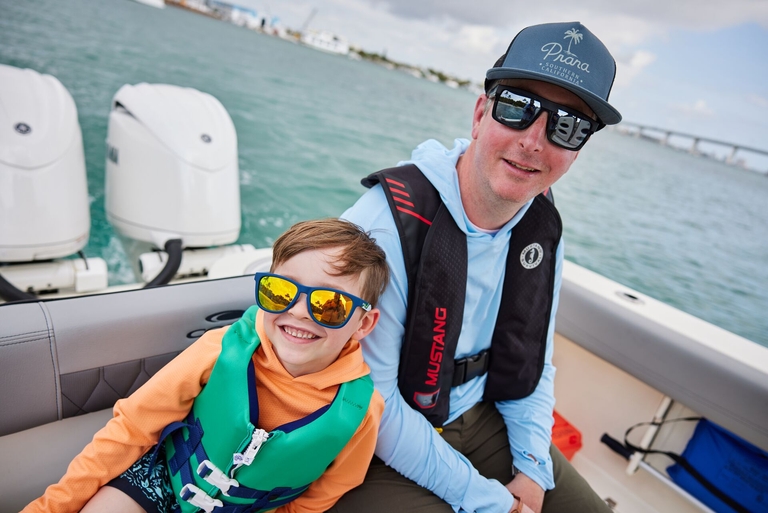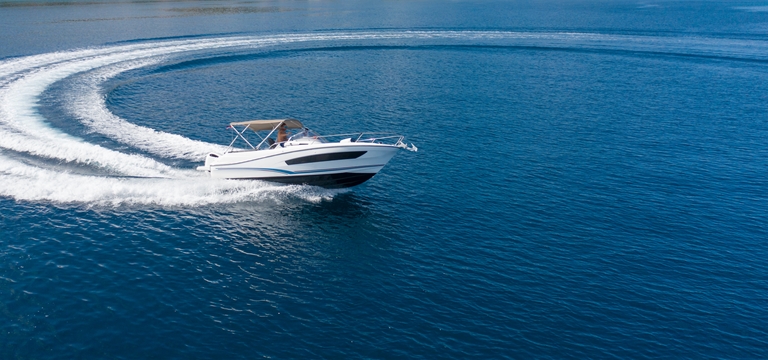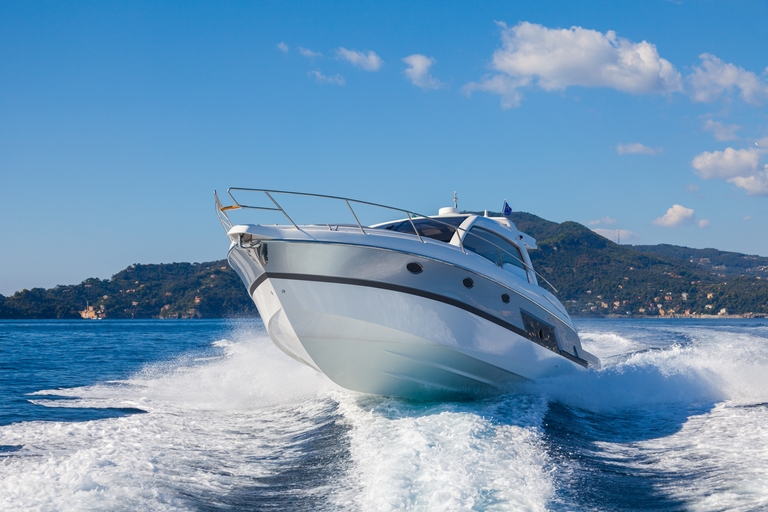How to Stay Safe When Bass Fishing From a Boat
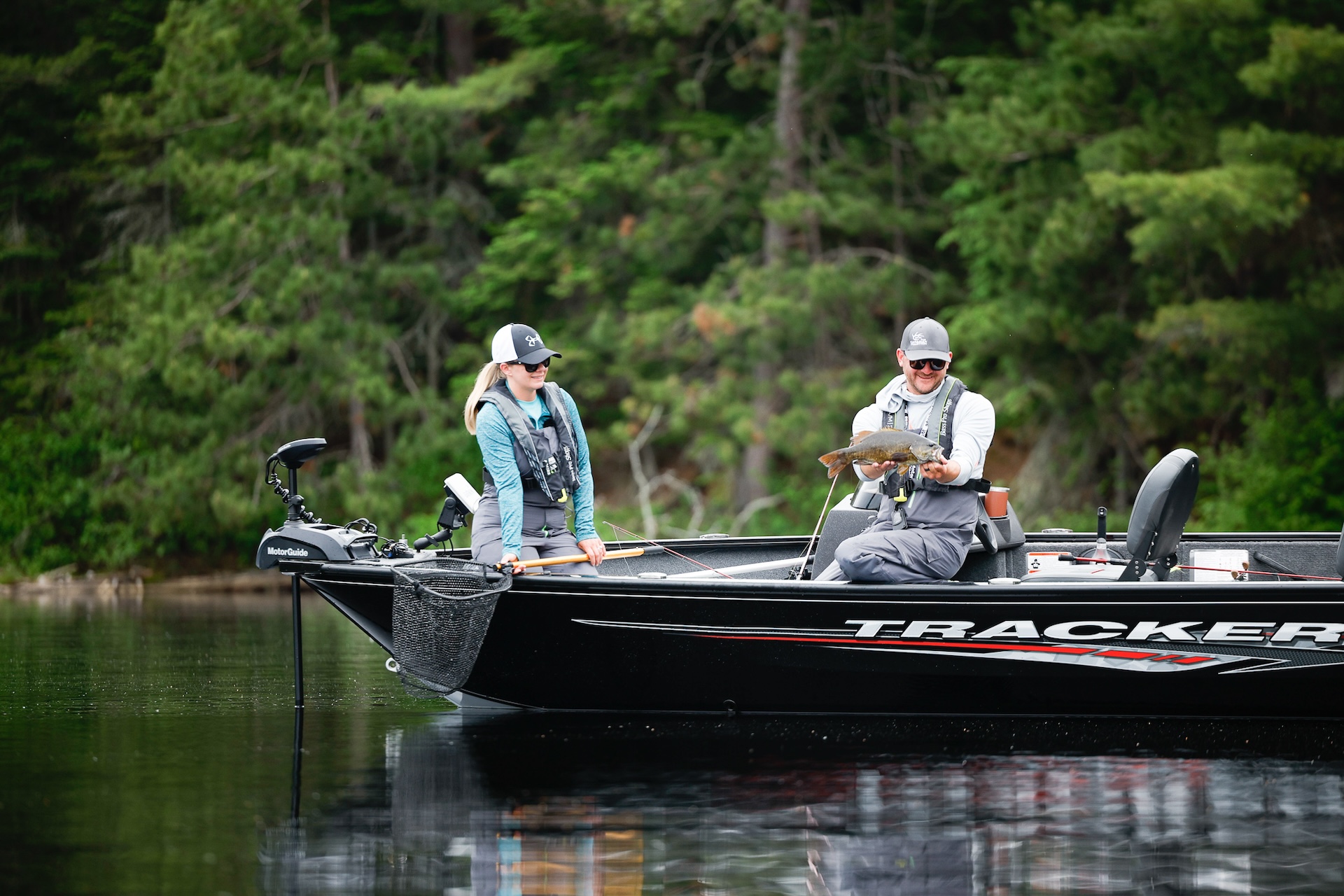
When bass fishing from a boat, you want to have fun and stay safe. Fortunately, those two things can easily exist with some preparation and knowledge.
From choosing the best fishing lures and the right type and style of life jackets to knowing where to fish, preparedness goes a long way toward a great day on the water – and reeling in more bass on your boat
To keep your fishing experience enjoyable and accident-free, you want to reduce your risk of severe hazards like bad weather, equipment accidents, and even drowning. The good news is that protecting yourself and others around you is easier than you think.
Here's what you need to know for a safe day of bass fishing while on a boat.
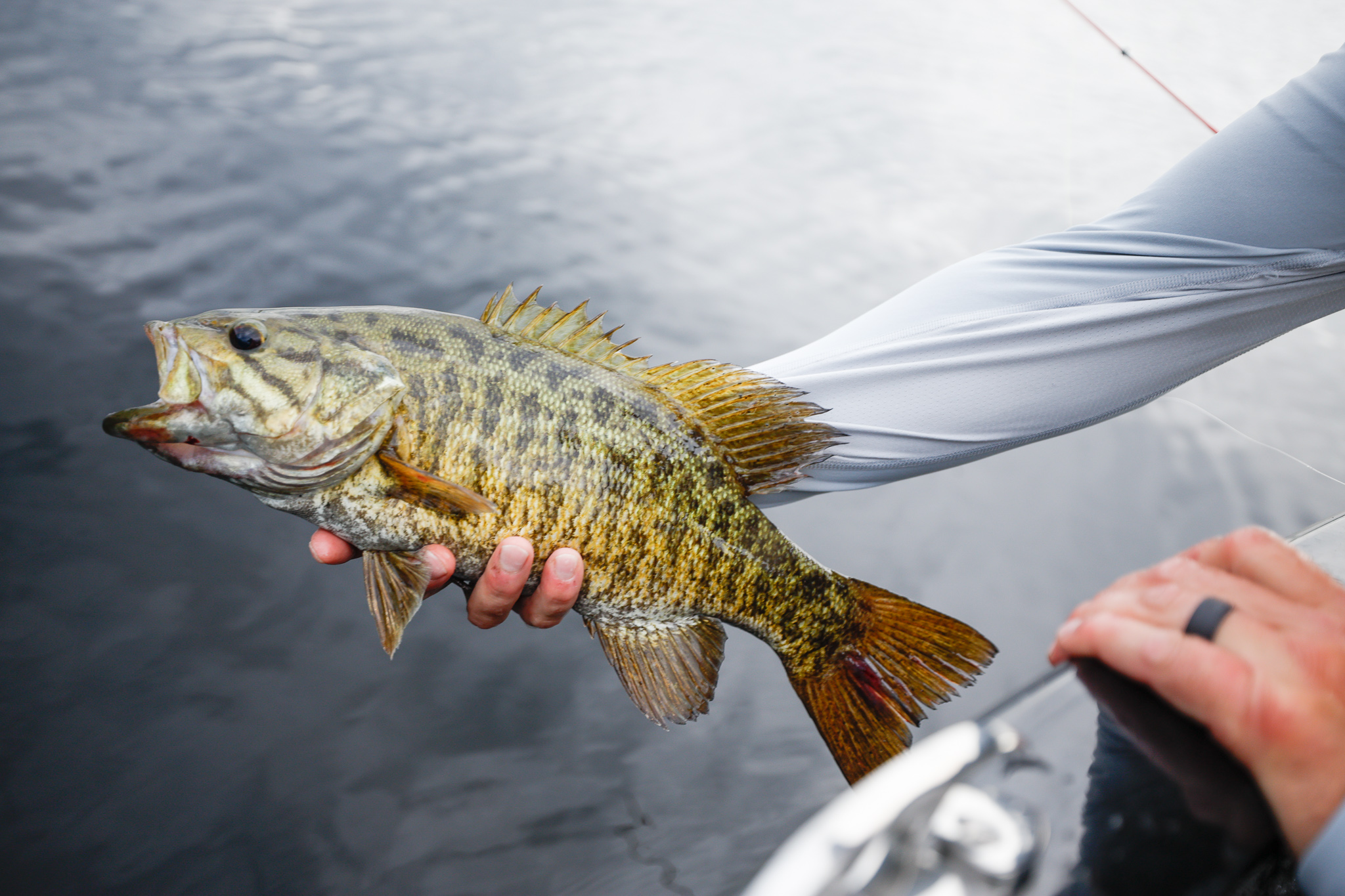
Pre-Trip Preparations
The preparations you make before your fishing trip will go a very long way toward the success of your fishing adventures. For example, you'll want to check the weather forecast and conditions before heading out.
Going out to fish for bass in bad weather is generally never a good idea. A little misty rain might be fine, but severe weather should be avoided.
Also, before launching, look at your boat and ensure it's in proper working condition. Check it for leaks, make sure the engine is in good shape, and ensure you have all the safety gear on board. That includes life jackets, a first aid kit, a fire extinguisher, and an emergency whistle or horn.
On the Water
Everyone on the boat should always wear their life jacket. Many people have them onboard but don't wear them, but getting to one and putting it on in an emergency situation isn't always easy.
If a person falls overboard or a ship sinks, you want everyone to already have their jackets on and fit correctly.
Staying alert is also essential for the safety of your bass fishing trip. Monitor the water conditions and weather and be aware of obstacles in the water and other boats. Equally, distribute the weight of any items you bring to help maintain balance and reduce capsizing risk.
Don't stand up or shift your position in the boat too quickly – even when you feel that fish bite – as that can lead to a boat tipping over. Depending on the number of people you have with you and how much gear they bring, your boat could be more or less stable than you expect.
It's essential not to take chances that could endanger you and your passengers.
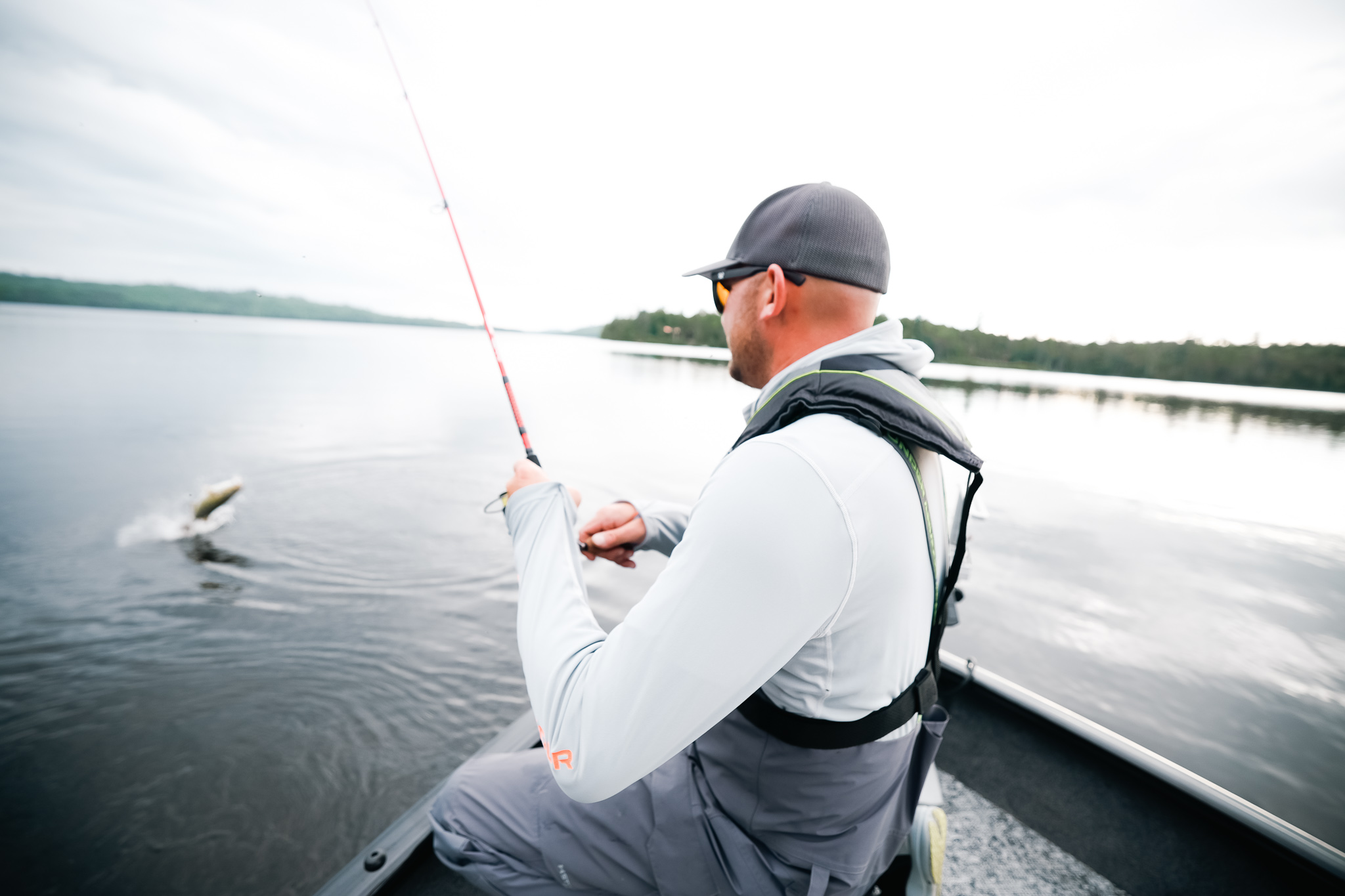
Handling Fishing Gear
While fishing can be a lot of fun and, often, relaxing, it also comes with some injury risk from mishandling fishing gear.
Before heading off on your fishing trip, make sure you know how to handle your gear. You'll also want to teach anyone unfamiliar with fishing the proper casting techniques so they can avoid hooking themselves or other people. Getting caught with a fishhook can be highly uncomfortable and put a quick end to your trip.
Also, take the time to organize your tackle and gear. That will help prevent accidents such as tripping over gear left in a poor location. You can more easily reduce your risks by using tackle boxes and storage compartments. Finding what you need when the bass are biting is easier, and everything's well-organized.
Navigating Your Fishing Boat
Driving safely is essential to boat navigation, especially if you're in unfamiliar waters or close to other boats. You also want to be sure you're following all boating laws and navigation rules, including any local rules for the right-of-way in the area where you're fishing.
A big part of fishing for bass or other types of fish is sitting in one spot, waiting for the fish to come to you. So, you'll need to know how to anchor the boat properly. Anchoring will help prevent your boat from drifting into unsafe areas or getting into navigation channels, too close to shore, or onto an obstacle that could damage the hull.
Emergency Preparedness
While you may go bass fishing for a break from the "real" world and some peace and quiet, make sure you can communicate with the outside world in an emergency.
A marine radio or mobile phone can work well for this purpose and increase your peace of mind. Additionally, plan for emergencies before you head out on the water.
Be sure everyone who's riding with you knows the plan. It should include procedures for a person overboard and the proper ways to signal for help. Depending on the size of the boat and other factors, you should also show your passengers how to use fire extinguishers and other safety equipment.
Environmental Considerations
When boating and fishing, respect wildlife and avoid disturbing their habitats as much as possible. Don't stray into areas marked off or designated as locations not for boats – even if your fish finder tells you that's where you'll find the biggest bass.
Also, leave no trace of anything you bring with you. Clean up your trash and fishing lines to help prevent accidents and protect the environment.
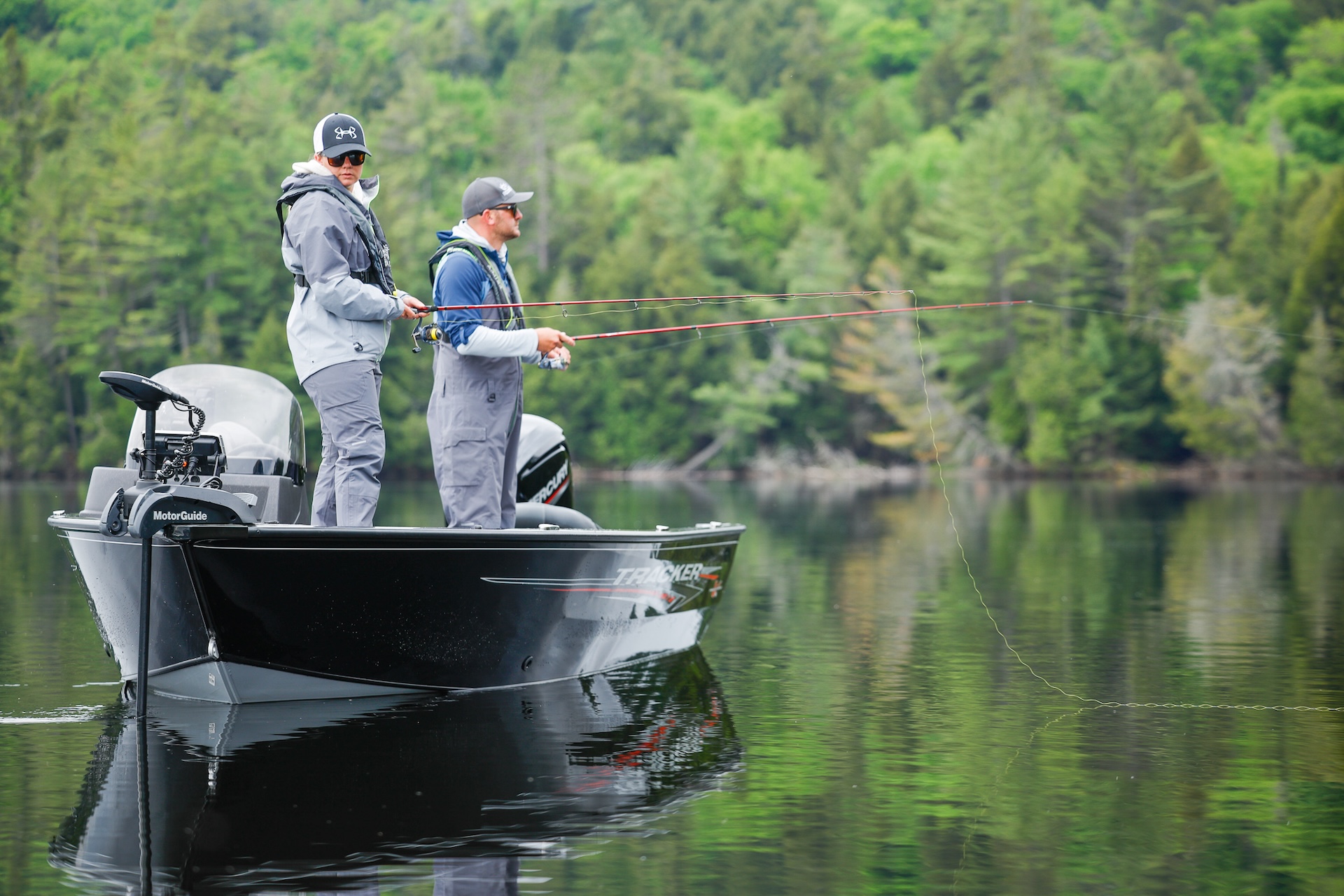
Stay Safe When Bass Fishing Through Boater Education
A day on the water in a fishing boat sounds like paradise – especially when you bring home plenty of bass at the end of the day. However, to do that successfully (and more often), anglers must understand how to stay safe when fishing from a boat.
So, before your next boating and fishing adventure, take an online boater education course through Boat-Ed. With the safety essentials you'll learn, you'll feel more confident on your fishing boat and be adequately prepared for a great day on the waterways. When you're ready for a safe day on the water, you'll enjoy many more fishing trips each season!
Our courses are government-approved and meet all requirements for licensing in all 50 states and Canadian provinces.
So, find the course for your state, or take our course for Canadian boaters, and enjoy a safe and successful bass fishing season.

